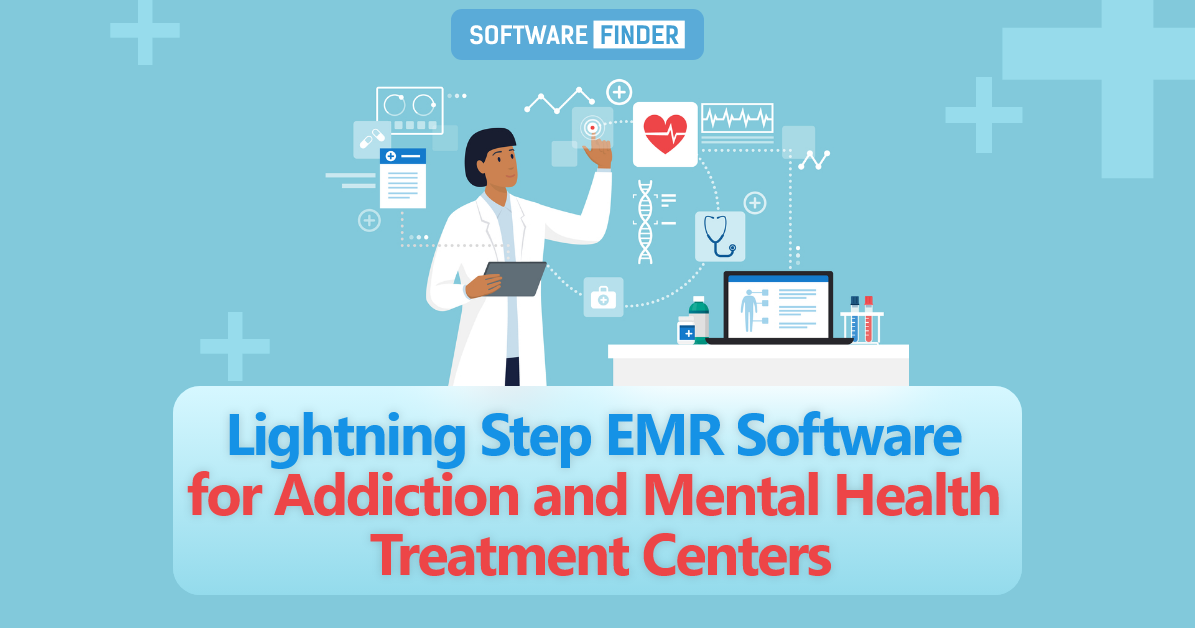Being effective at Revenue Cycle Management (RCM) in the healthcare software development is not only difficult, but also crucial for an organization’s overall performance. The organization’s performance can be increased, the administrative burden decreased, and profits can rise with effective RCM management. As a result, improving RCM processes offers a fantastic chance to increase investment returns and improve operational efficiency in any hospital environment. We’ll go through the five most important techniques to improve the revenue cycle management at your healthcare facility in this article.
Top five strategies to improve your RCM for healthcare:
1. Recognize your billing procedure and make sure it’s accurate and timely
For effective practises, the revenue cycle management process in healthcare must be optimised. A clear billing process that is understood and followed helps to guarantee that all bills are accurate and paid out on time, maintaining patient satisfaction and preventing late payments. While designing a successful revenue cycle system, completeness, accuracy, and timeliness should not be undervalued.
2. Create a patient portal so that patients may access information about their accounts and make payments online.
To manage the revenue cycle, healthcare institutions are increasingly choosing to implement patient portals. Patient portals help healthcare companies collect payments more quickly, decrease paperwork, and lower administrative expenses in addition to giving patients the convenience of 24/7 access to and updating of their account information.
3. Automate Contacts With Insurance Companies and Other Providers Using Technology
Healthcare Revenue Cycle Management can become more effective than ever thanks to technology. Businesses may save time and stay organised by using technology to automate contacts with insurance firms and other suppliers. Electronic claims are processed more quickly and are easier to send to all relevant parties.
4. Inform employees of best practises for revenue cycle management
Without effective and efficient revenue cycle management, healthcare providers cannot deliver high-quality care. Using best practises to reduce denials, increase reimbursements, and establish an efficient billing system requires a well-trained workforce.
Also Read: To know in detail about the clinical software development read the blog.
To guarantee that pressing financial queries are resolved swiftly and accurately, it is necessary to invest in enough staff training on healthcare revenue cycle best practises. Without this training, there is a chance of expensive backlogs, inaccurately reported claims, insufficient data tracking, and poor customer support.
5. Consistently review your procedures to identify opportunities for cost- and efficiency-cutting measures.
A hospital system’s RCM has the power to create or destroy its financial stability. Surgecycles is a cutting-edge process evaluation tool that uses best practise guidelines to pinpoint RCM areas with the potential for increased efficiency and cost savings. Surgecycles assists in streamlining the entire RCM process by identifying where improvements can be made and providing solutions catered to each business’s particular needs. It does this by carefully analysing every step of the billing cycle and proactively anticipating where financial strain may be experienced. Surgecycles is committed to assisting companies in optimising their RCM processes so they can experience better success by collaborating with their clients.





